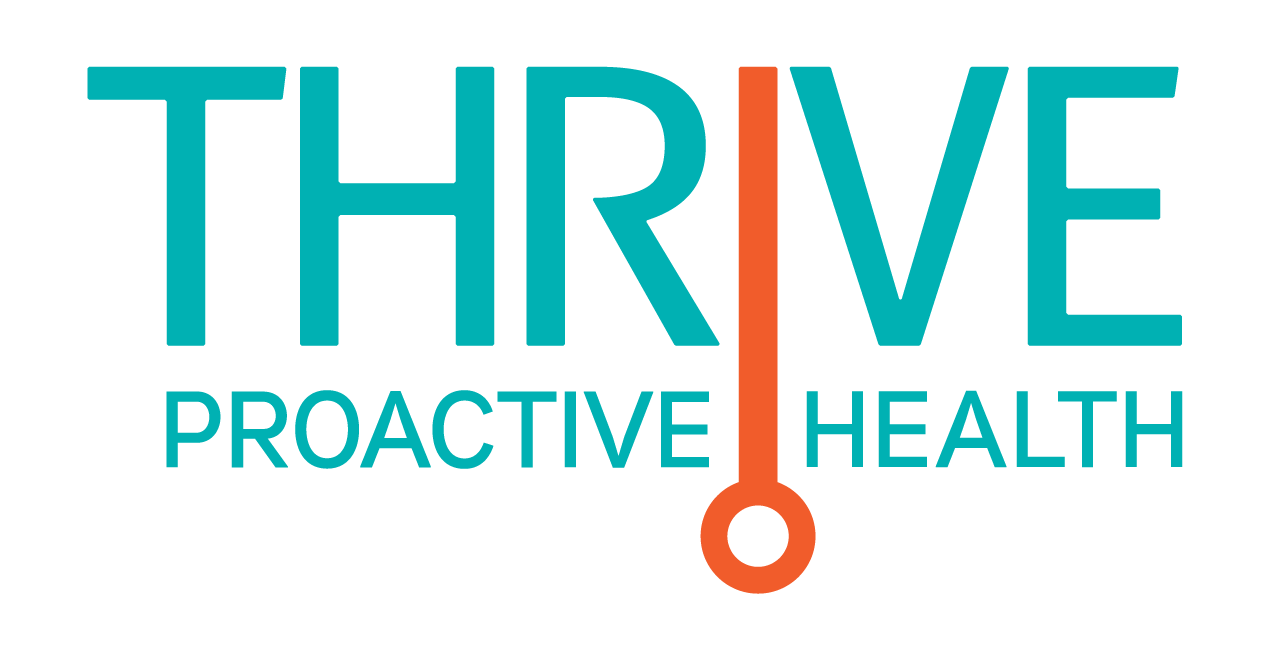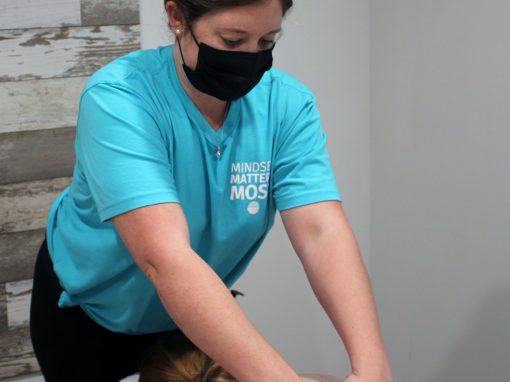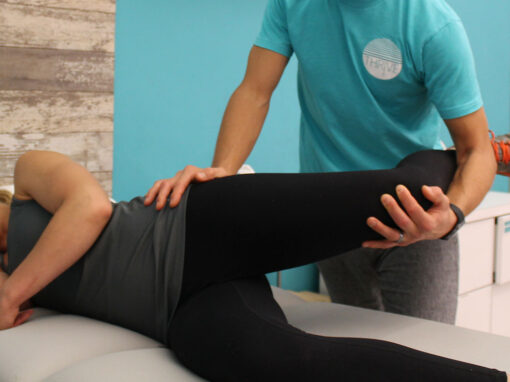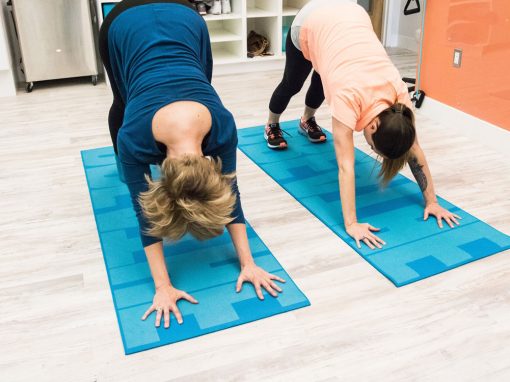Do you know that the quality and quantity of your sleep can have a significant impact on your consistent performance and overall health? While that may be common sense for some, many people take sleep for granted and do not realize how important sleep really is for physical and mental health.
Sleep is the foundation of all human performance and is crucial for routine detox and healing. It affects our cognition, our cravings and eating behaviors, our emotions, mood, attitude, connections with others, and how effectively we can perform at our jobs.
Winding down at night isn’t just for kids. Parents often understand the importance of a solid, consistent sleep routine for their kids, which may include a strict bedtime rule, taking a bath, brushing teeth, and reading a story to get ready for lights out. But these good sleep habits (i.e., wind-down habits) aren’t just for kids. Your bedtime routine or “wind-down” routine is a key window of relaxation that takes place one to two hours before your actual scheduled bedtime.
What can you do?
Establish a consistent approach every single night to help you wind down and promote a good night’s sleep.
Think of your bedtime routine as a gradual process in which your brain and body shifts from the “on” mode to “off” mode, and a process to help your nervous system properly shift into a restorative relaxation response for healing.
An effective bedtime routine sets your next day up for success, and consists of two parts: prepping for the next day and self care.
Things You Can Do to Prep for Tomorrow
Unload your to-dos.
Write down everything that is weighing on you. Getting any pending demands out of your head and onto paper signals to your brain that you can relax and pick it back up tomorrow.
Check your calendar and plan your day tomorrow.
Determine your most important tasks, prioritize your self care, meals, workout and things that bring you joy. If you don’t plan it or carve out time to create it, chances are, if it’s not already part of your daily routine, it just won’t happen.
Pack and prep for tomorrow’s activities.
- Pack your gym bag and your lunchbox, meal-prep for breakfast and prepare snacks, set out your water bottle, lay out your clothes, etc.
- Fill up a glass of water to drink first thing in the morning to help you wake up.
- Set out your vitamins, medications.
- Think about the small things you can do ahead to make your morning more effective. How can you set your next day up for success?
Things You Can Do to Take Care Tonight
Keep your bedroom temperature cool.
Optimal sleeping temperatures are between 60 and 67 degrees.
Hot baths with Epsom salts or essential oils can help release tension.
Or use a diffuser with essential oils. Oils known to be good for sleep include: RutaVala, Roman Chamomile, Ylang Ylang, Frankincense or Sacred Frankincense, Sandalwood, Clary Sage
Read a book.
Yep, read a real, physical paper book — not on an e-reader that does not emit blue light.
Drink a calming, caffeine-free herbal tea.
Allow it to stimulate your senses: Smell, sip and feel the warmth to signal to your brain that it’s time to relax.
Pajamas, nightgowns, and sleep shirts send sleep-friendly messages to the brain.
Tip: If you wear it to the gym, don’t wear it to bed. And yes, there are known health benefits to sleeping naked, too.
Power down your devices.
Don’t use electronic devices starting 30 minutes to one hour before bed. Make sure your phone is set to “Do not disturb.” Best tip: Keep all devices out of the bedroom!
Doing the same night-time self-care rituals help signal to the brain that it’s time to wind down.
Showering, bathing, brushing your teeth, washing your face and applying skin care are examples of things you can do as part of your wind-down routine.
Don’t charge your phone next to your bed.
Use a real alarm clock or, better yet, a sunrise-dawn-simulator light-therapy alarm clock.
Do some light stretches, breathing exercises, or meditation.
Unwind tension and calm the mind, especially important if you have any pain when you lie down to rest. Get with your physical therapist for specific restorative exercises to do before bed. Good apps with guided meditations to try: Insight Timer or Calm.
Read through your bedtime affirmations.
Affirmations are positive statements you can repeat before bed to help enhance your confidence, challenge self-doubt, and calm your mind before bed. Repeating nighttime affirmations gives you the power to rewire your brain to turn negative thought patterns into positive ones.
Get a coloring book.
Coloring has been shown to help ease stress and promote relaxation.
Keep a pen and paper next to your bed.
Put your thoughts to rest by getting them out. Journal and reflect on your day.















































































































































